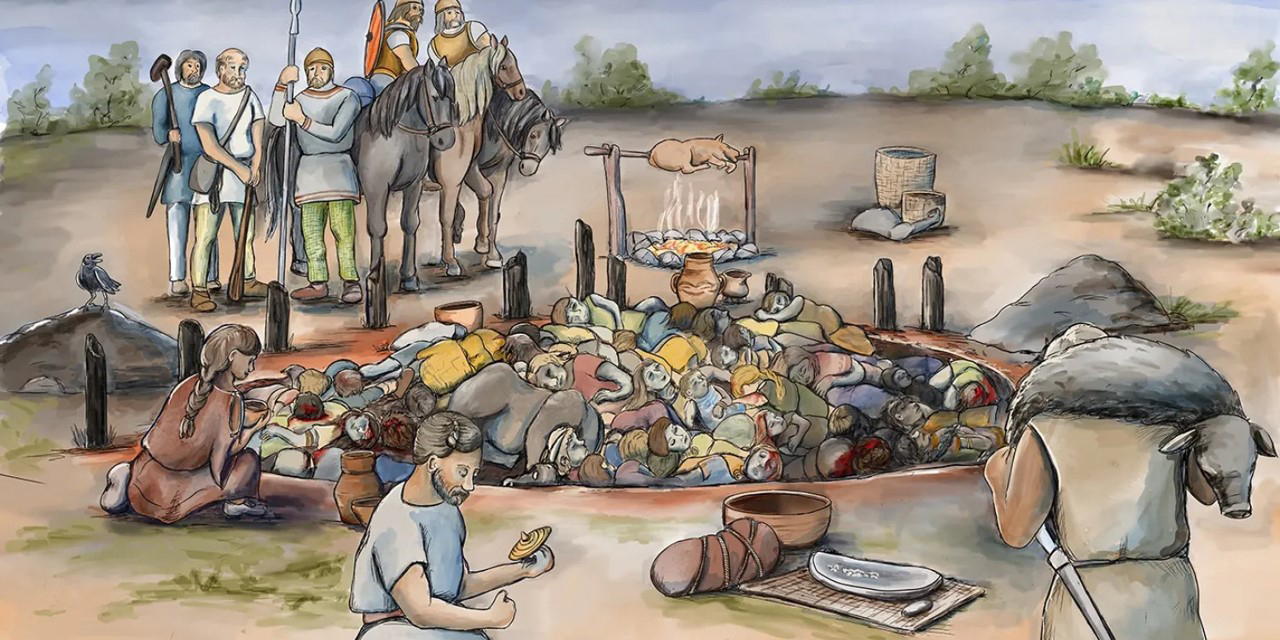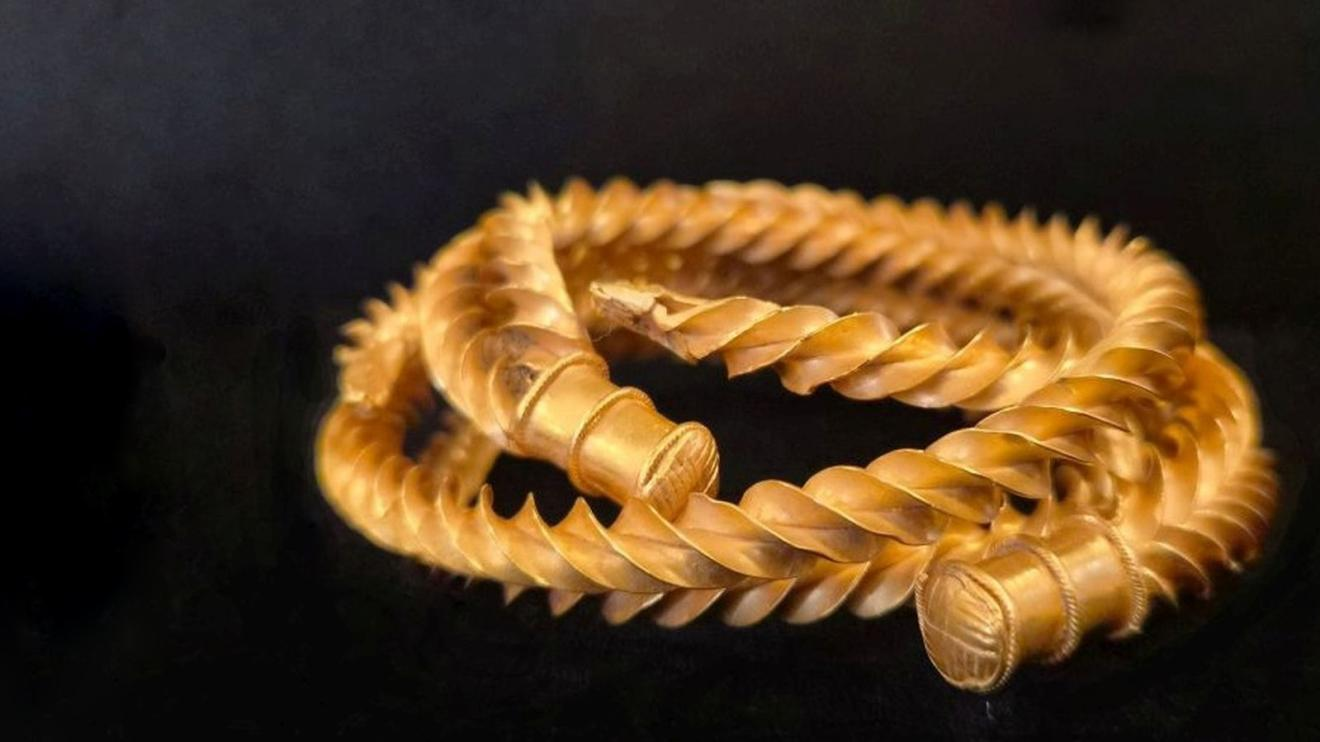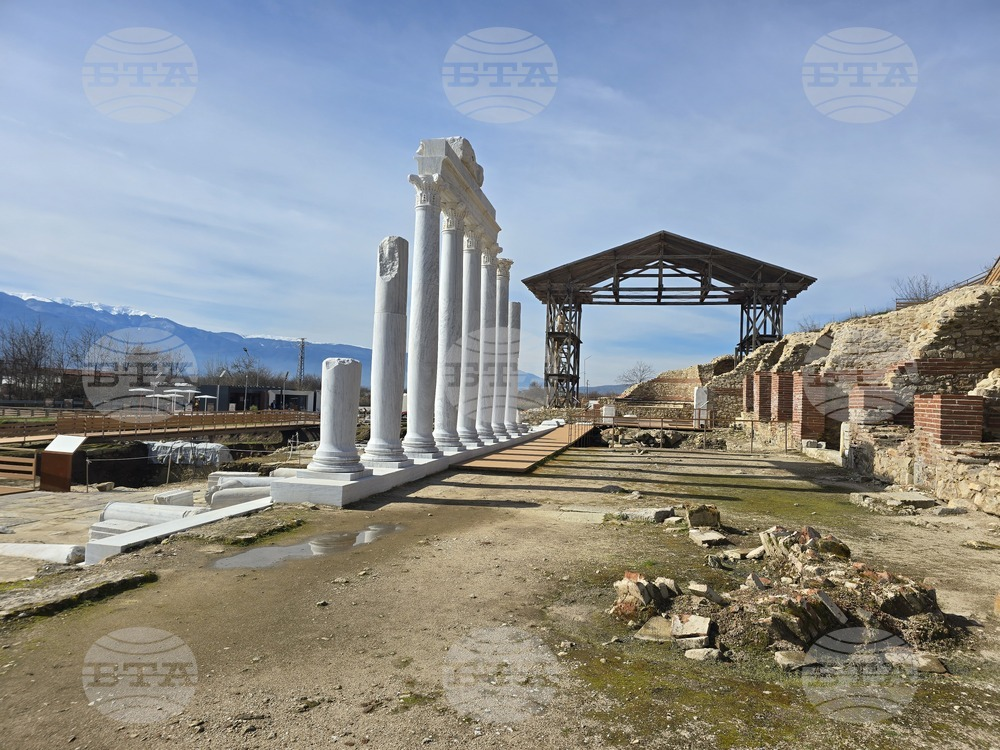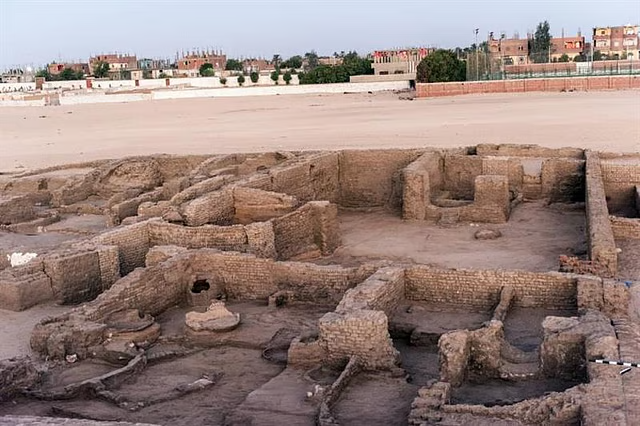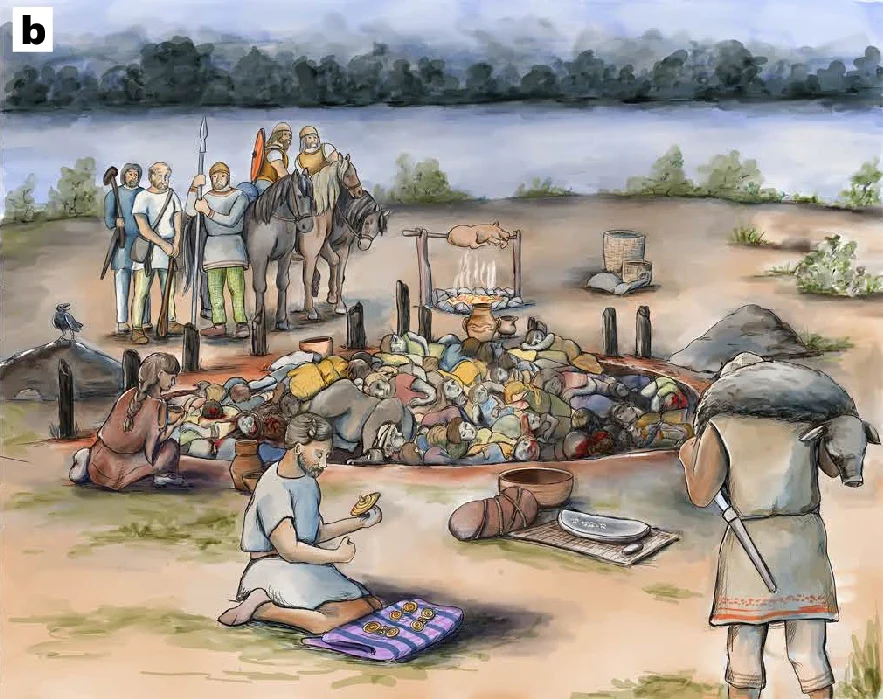Unraveling the Genetic Heritage of the Kalash People: Insights from Phylogenetic Analysis
The Kalash people of Pakistan often regard themselves as descendants of Alexander the Great, but genetic research does not appear to support this claim.
The Kalash are a religious minority with distinct, exotic features. They are an isolated ethnic group numbering around 4,000 individuals, surviving amidst predominantly Islamic populations. They speak an Indo-European language and have inhabited the Hindu Kush mountain range in northwestern Pakistan, near the Afghan border, for many centuries.
In various media outlets, the Kalash are frequently portrayed as descendants of veteran soldiers from Alexander the Great's army who settled in the region. However, genetic science offers a different perspective.
Research indicates that the Kalash are a pre-Islamic Indo-Aryan people of South Asia, with no specific genetic connection to the ancient Greeks of Macedon.
The recent study published in Scientific Reports delves into the genetic origins of the Kalash, an isolated Indo-European-speaking community residing in the Hindu Kush mountains of northern Pakistan. The research aims to elucidate the ancestral composition and historical movements of the Kalash population through comprehensive genetic analyses.
Methodology
The study analyzed genetic data from 98 male individuals identifying as Kalash, focusing on 22 autosomal short tandem repeats (STRs) and 23 Y-chromosomal STRs. These markers are instrumental in assessing genetic diversity and inferring phylogenetic relationships. The researchers employed statistical methods such as principal component analysis (PCA) and STRUCTURE analysis to compare the Kalash genetic profiles with those of regional and global populations.
Findings
The autosomal STR data revealed that the Kalash possess a unique genetic structure, distinct from neighboring Asian, European, and African populations. Y-chromosomal analyses indicated ancient associations with Eurasian-Indo-Iranian metapopulations. Notably, the Kalash exhibited minimal genetic admixture with surrounding South Asian populations, suggesting a long-standing genetic isolation. This isolation is further supported by the presence of specific Y-DNA haplogroups, such as G2a2, J2b2a, and R1a-Z93, which are associated with Neolithic and Indo-Iranian lineages.
Cultural and Historical Context
The Kalash people maintain a distinct cultural identity, characterized by a polytheistic religion and unique linguistic traditions. Their oral histories often link them to ancient populations, including possible connections to the soldiers of Alexander the Great. However, the genetic evidence suggests that their ancestry predates such historical events, aligning more closely with ancient Eurasian populations.
This study underscores the importance of the Kalash as a genetically and culturally distinct population. Their unique genetic makeup provides valuable insights into human population dynamics, migration patterns, and the effects of long-term isolation. The findings highlight the need for further research to explore the health implications of their genetic heritage and to inform conservation efforts aimed at preserving their cultural and genetic legacy.
For a detailed exploration of the study, you can access the full article here: Scientific Reports.





